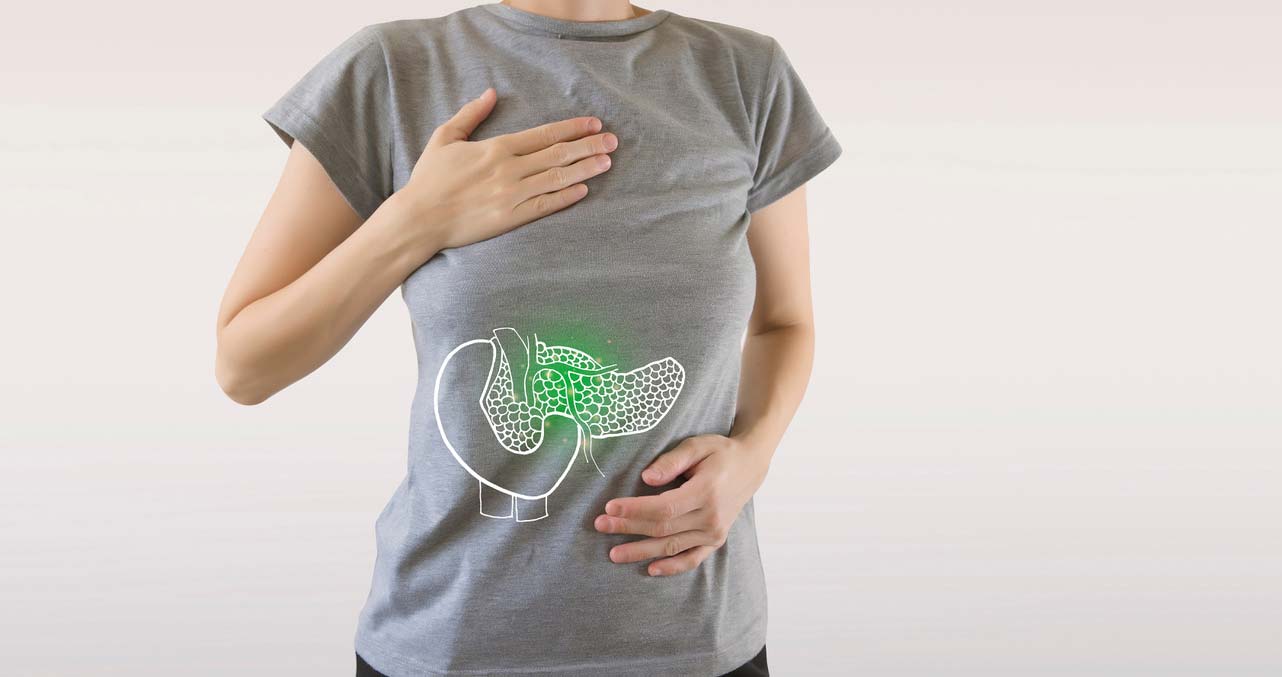The Power of Touch: Discover Emotional, Physical, & Mental Benefits

Have you ever received a hug that seems to make all your problems melt away, even if just for a moment? You’re not alone. Humans naturally crave the comfort that a warm embrace can bring, and there’s real science behind it. Let’s explore why we crave touch and the powerful emotional, physical, and mental benefits it provides.
Benefits of Physical Touch
Mental & Emotional Benefits
- Reduces stress and anxiety
- Boosts mood and emotional well-being
- Helps ease symptoms of depression
- Enhances emotional bonding and connection
Physical Health Benefits
- Lowers blood pressure
- Strengthens the immune system
- Reduces pain
- Improves sleep quality
Fun fact: Many people report sleeping better next to someone else. Research shows co-sleeping can enhance REM sleep!
Developmental Benefits
- Supports healthy brain development in infants
- Promotes secure attachment and emotional resilience
Social & Relationship Benefits
- Communicates empathy and reassurance
- Strengthens nonverbal communication
- Deepens intimacy and trust in relationships
The Science of Touch
Touch is deeply wired into our biology. Physical human contact is one of the most basic, primal needs. Here's how it works:
1. Nerves
Our skin contains special nerve endings called C-tactile afferents, especially in areas like the arms and back. These nerves detect gentle, soothing touch, like a hug or caress, and send signals to the brain’s insula, which is involved in emotional awareness and body perception.
2. Hormones
Touch stimulates the release of several feel-good chemicals:
- Oxytocin (“the love hormone”) promotes trust and bonding
- Dopamine and serotonin elevate mood
- Endorphins relieve pain naturally
- Cortisol (the stress hormone) decreases, lowering inflammation and anxiety
3. Brain Response
Touch can calm the amygdala (which processes fear and anxiety) and activate the prefrontal cortex, which supports empathy and thoughtful decision-making.
4. Physiological Effects
Touch helps activate the parasympathetic nervous system (our body’s “rest and digest” mode). This leads to:
- Lower heart rate and blood pressure
- Improved immune response
- Reduced perception of pain
5. Developmental Importance
The power of touch is especially evident in newborns. Skin-to-skin contact in the first hour of life helps regulate a baby’s breathing, temperature, and heart rate, and it soothes them significantly. Without nurturing physical contact, infants can suffer serious emotional and cognitive delays.
Why Some People Don’t Like Being Touched
Not everyone enjoys physical contact, and that’s completely valid. Here are a few common reasons:
- Past trauma or personal boundaries
- Neurodivergence, such as autism or sensory sensitivity
- Cultural upbringing where touch wasn’t emphasized
- Personal preference or discomfort with physical closeness
- Anxiety or social unease
How to Get the Benefits of Touch — Without Human Contact
You can still enjoy the calming, healing effects of touch in alternative ways:
- Use a weighted blanket for calming pressure
- Try a massage tool or foam roller
- Take warm baths or showers
- Cuddle with a pet (animal touch releases oxytocin, too)
- Practice mindfulness, breathing techniques, or self-massage
Final Thoughts
Whether you’re someone who thrives on hugs or prefers a little more space, physical touch, in all its forms, plays a vital role in our well-being. It's more than just skin-deep; it’s a powerful form of communication, healing, and connection. So, whether you’re snuggling a pet, using a weighted blanket, or offering a warm hand to a loved one, know that a little touch can go a long way in supporting both body and soul.
Your Hispanic American Health Store
Health Hispanica® is a Hispanic-American health store specializing in supplements from Hispanic-American-owned brands such as Natura-Genics® and Yerba Farma®. We strive to provide quality and innovative supplements at fair prices and educate our clients and community on healthy living.



Leave a comment